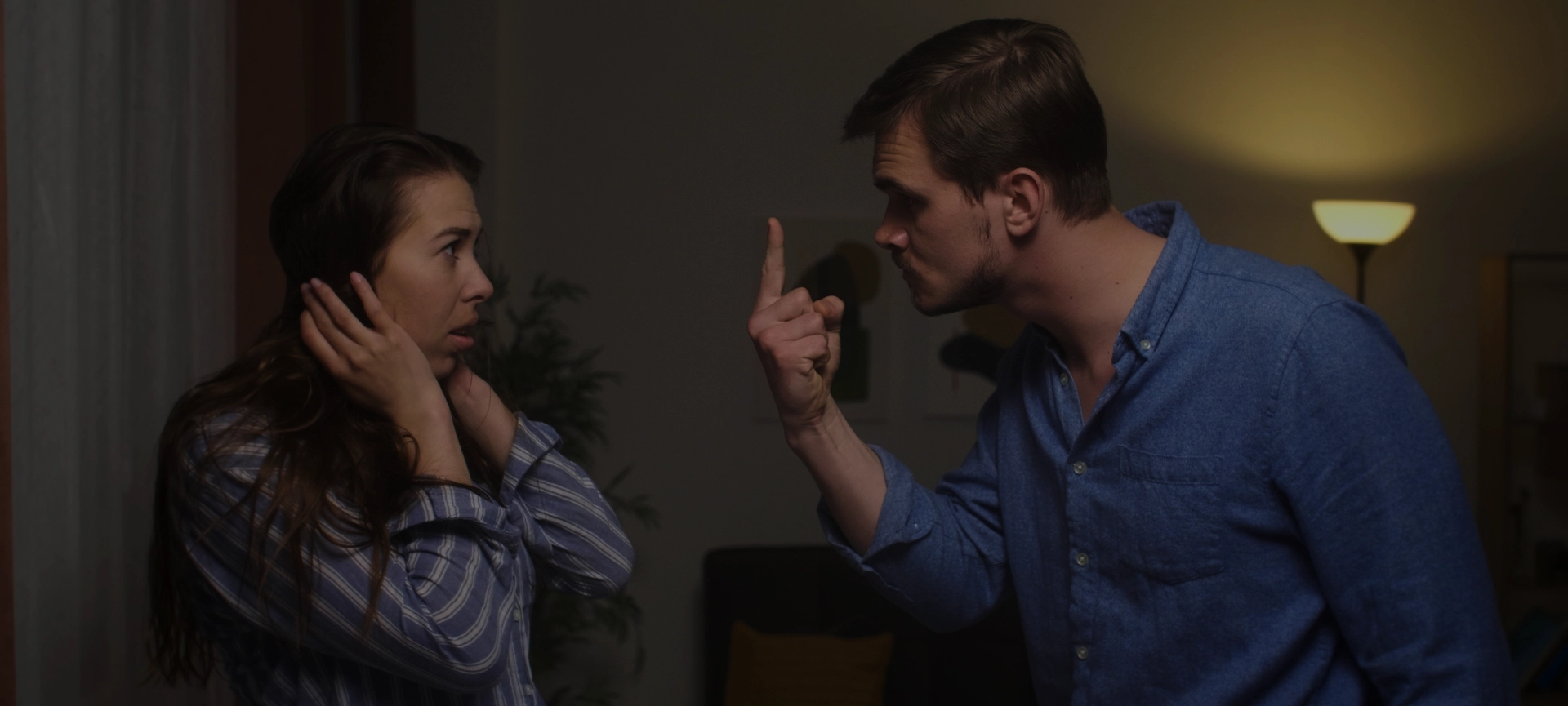Ontario is making a fundamental change to the province’s justice system by vastly expanding the pool of potential jurors to better reflect economic and racial diversity following a 2018 Toronto Star/Ryerson School of Journalism investigation into racially imbalanced juries.
Jury boxes, which have always been filled by Ontarians drawn primarily from the province’s property ownership database, will soon include a wider range of voices drawn from a far more comprehensive list provided each year by the Ministry of Health and Long-Term Care, according to changes to the Juries Act detailed in the provincial budget.
“The proposed change would allow Ontario to use the Ontario Health Insurance Plan (OHIP) database as its source list for creating juries for the 2020 jury roll. It would streamline the existing process, reduce administrative burden and duplication, and facilitate more diverse juries reflective of all of Ontario’s communities, including First Nations,” said a spokesperson for the Ministry of Attorney General.
The switch from property ownership to Ontario’s healthcare database will have a transformational impact on how justice is done in Ontario by giving the accused an opportunity to be judged by a true jury of peers, say legal experts.
“This is a big step forward that will help increase the representativeness of our juries,” said Ottawa defence lawyer Michael J. Spratt. “It’s astounding that it took so long…I certainly think that the work advocates and journalists have put into this issue has probably motivated action. Sunshine is the best disinfectant and credit is due for holding this up to scrutiny.”
[…]
“Serving on a jury effectively means giving up income in a large number of cases,” says lawyer Spratt. “That barrier still exists. Hopefully this (change) indicates the government is open to making other changes that will help our juries better reflect our communities that they sit in judgement of.”
[…]
Read Robert Cribb and Jim Rakin’s full article: Toronto Star



